Stormwater NSW has an on-going relationship with the Sydney Institute of Marine Science (SIMS). The SIMS is looking for research collaborators to partner with. Given the impact of urban stormwater on the health of our waterways, we strongly encourage members to consider the proposed research collaboration outlined below. By working together our industry becomes stronger and better able to serve the community.
For more information on this project please contact Dr Katie Dafforn, Deputy Director of the Sydney Harbour Research Program, Sydney Institute of Marine Science (katherine.dafforn@mq.edu.au)
The Sydney Institute of Marine Science (SIMS) is a partnership between Macquarie University, the University of NSW, the University of Sydney and the University of Technology, Sydney. SIMS brings together marine scientists in Sydney, representing a broad diversity of skills in marine science and an extensive history of collaboration across large research programs that will ensure the success of the project. SIMS also has collaborations with several state and federal government departments (NSW DPIE, NSW DPI), the Australian Museum and the University of Wollongong.
The Sydney Harbour Research Program (SHRP, a flagship program at SIMS) recently reviewed the effects of urbanisation in Sydney Harbour from over 30 years of scientific data. SHRP is now developing research programs to enhance the ecological and socio-economic values of Australia’s harbours and estuaries, which requires large scale, diverse collaborations. SHRP’s activities are directed at recovering ecosystem services, such as fisheries production and sediment and water quality. SHRP’s recent research has focussed on the rehabilitation of estuarine sediments that have been contaminated by stormwater discharges and legacy industrial activity.
Estuarine health is supported by the resident sediment community. Burrowing animals (i.e. bioturbators) in the seabed drive sediment remediation and associated improvements in water quality. These animals have been mostly lost from urbanised estuaries, such as Sydney Harbour and Botany Bay, due to contamination, trampling and overfishing. We are testing cost-effective methods for sediment rehabilitation that utilize the natural activities of living organisms. We are studying the potential for reintroduction of bioturbators at large scales to stimulate sediment processes and improve waterway health. Initial results are highly promising, but more research is needed to enable large-scale applications and therefore we are seeking partners to collaborate with, in our efforts to scale-up. Current partners include the City of Sydney and NSW DPI Fisheries.


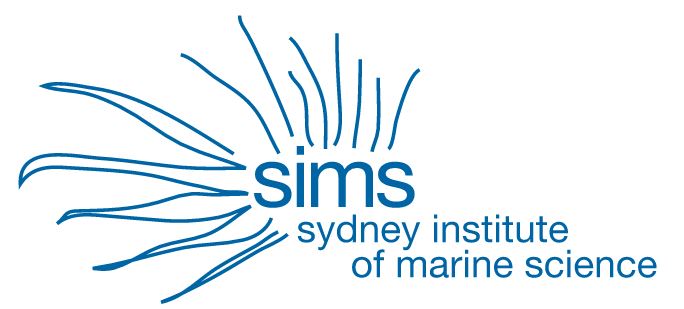
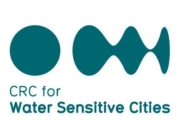
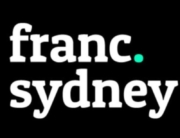
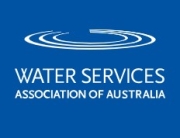
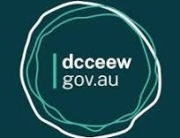
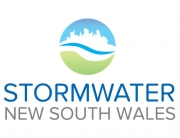



Leave A Comment
You must be logged in to post a comment.